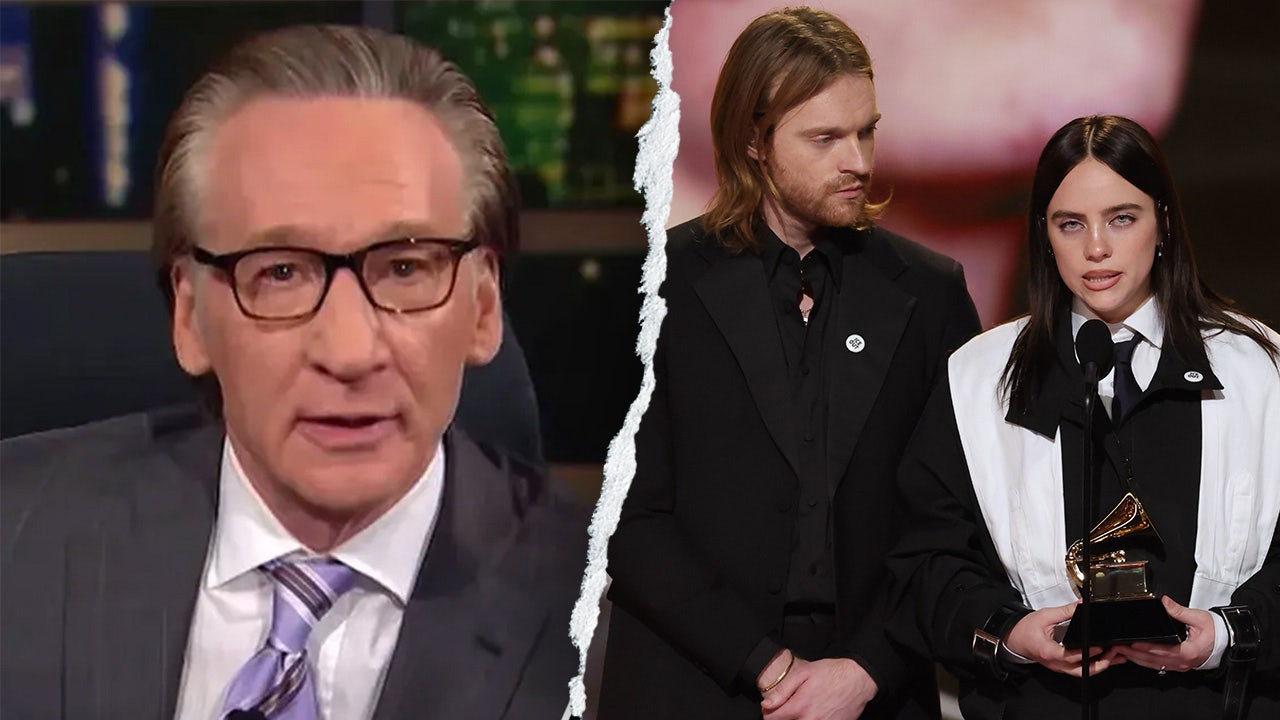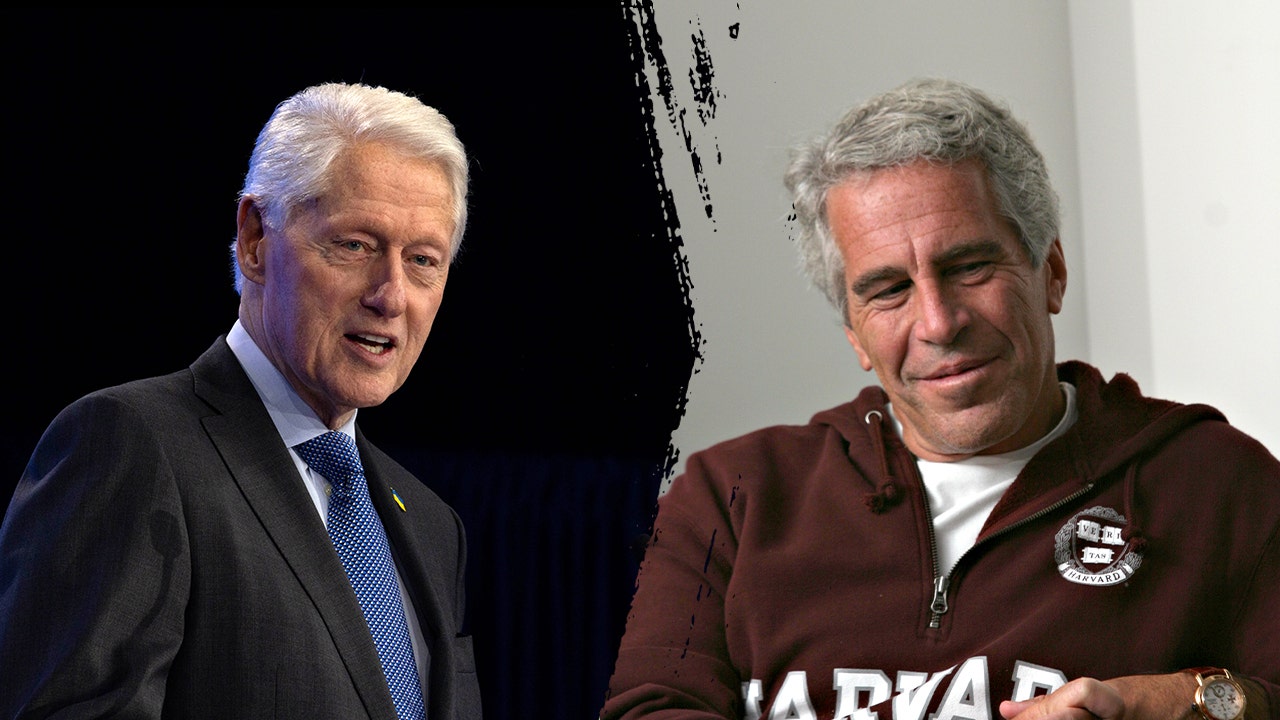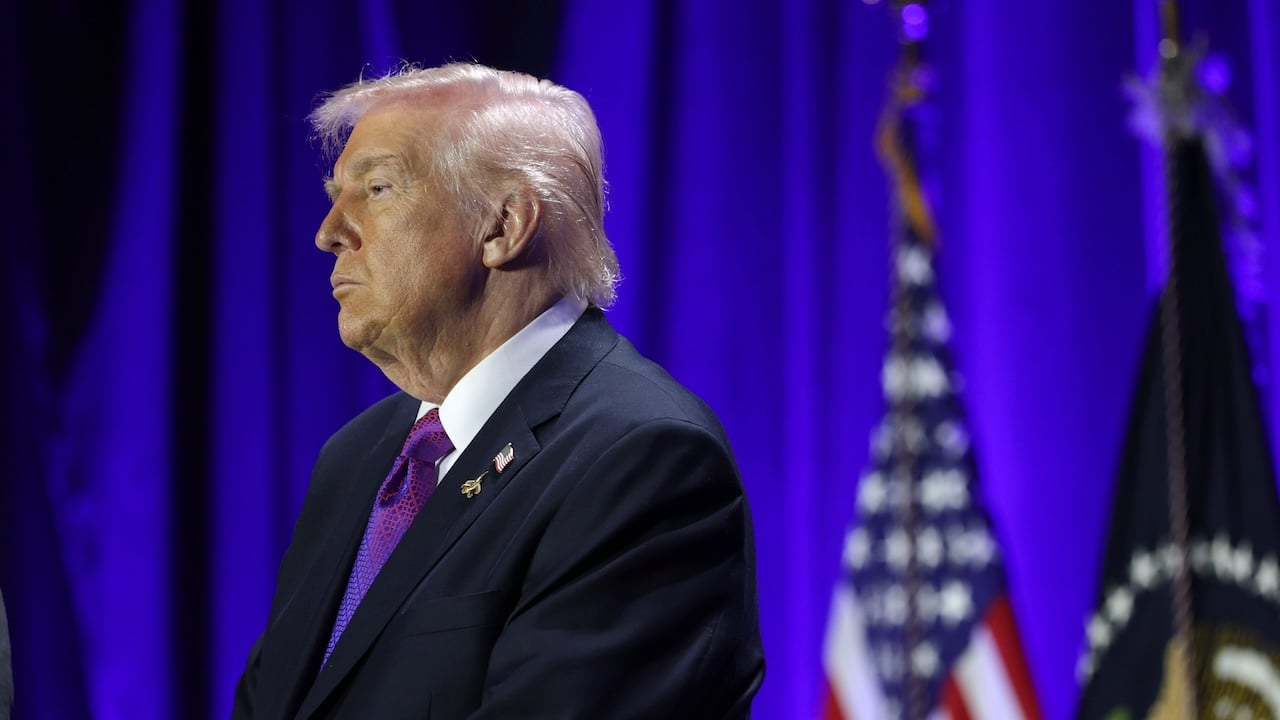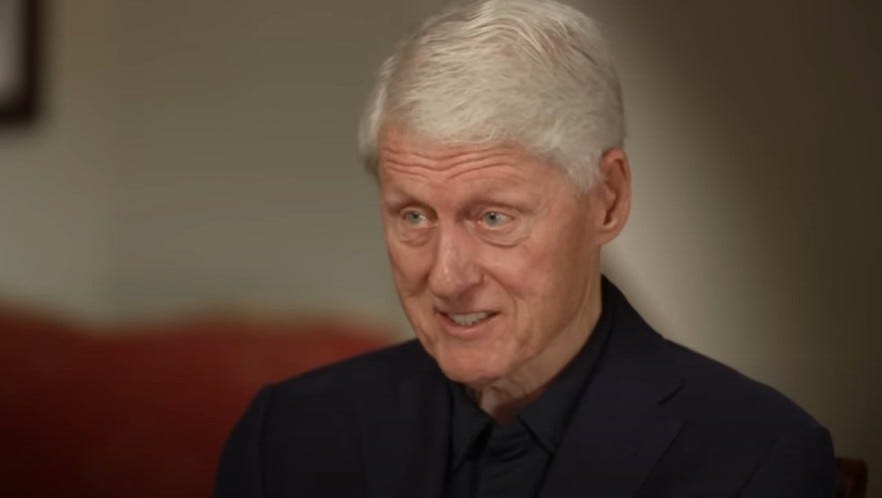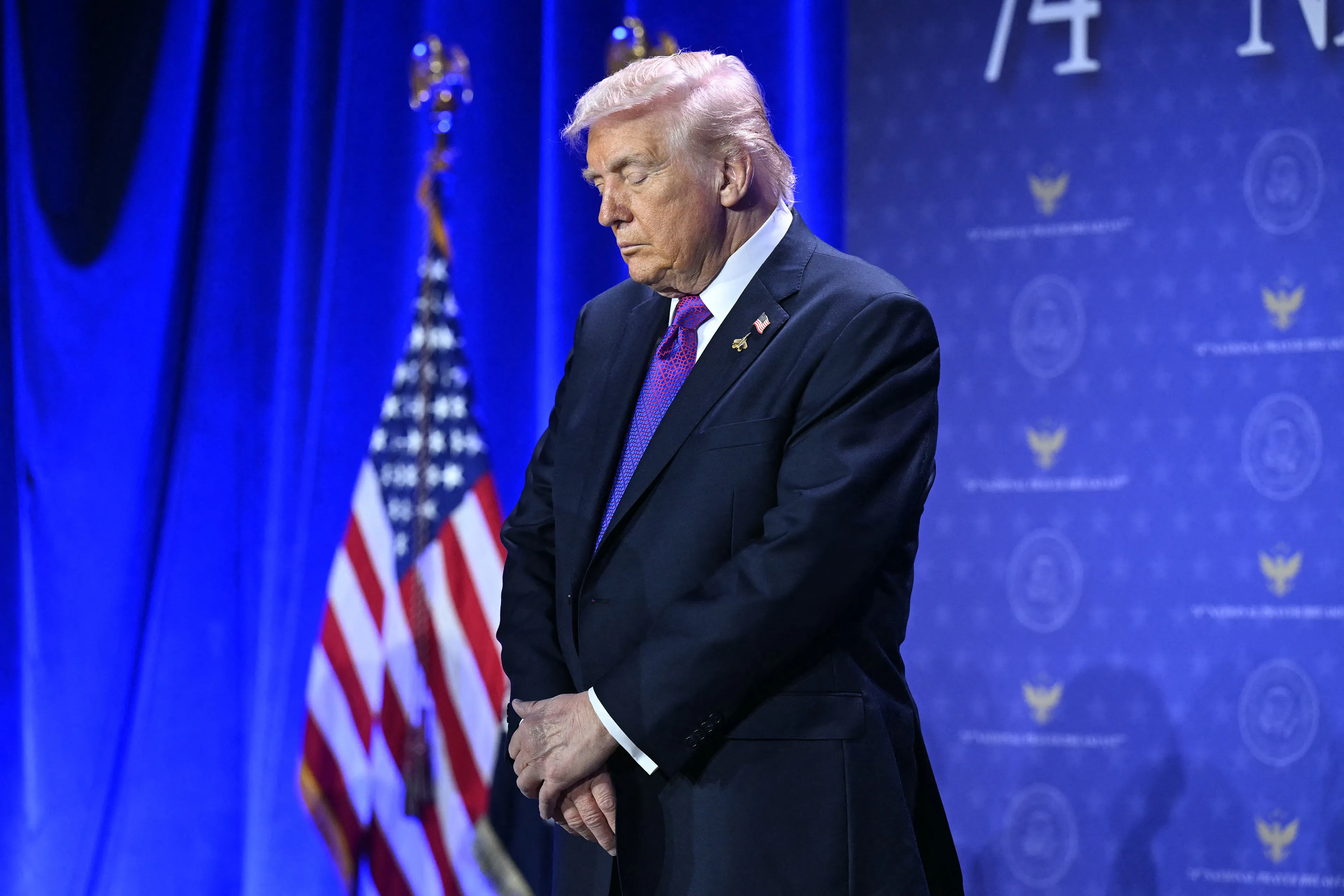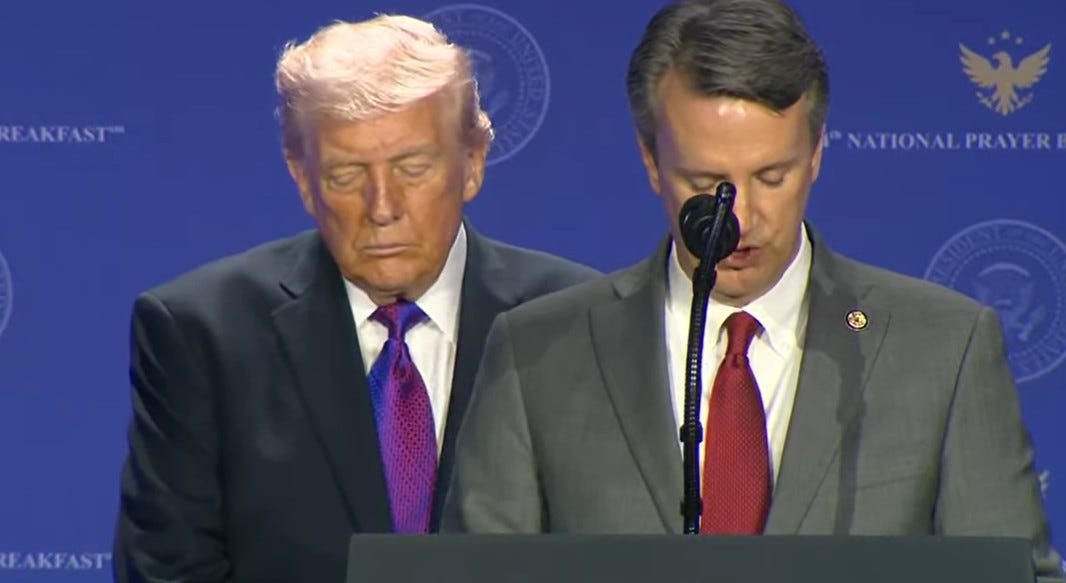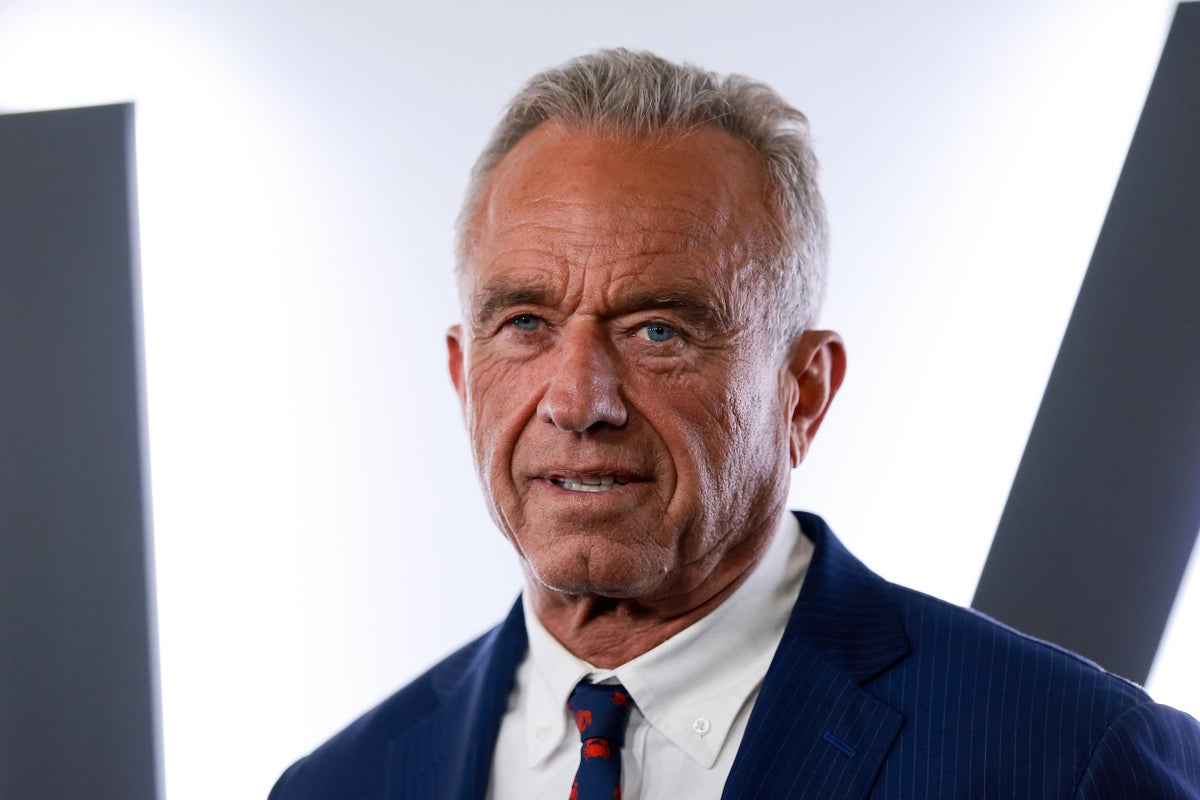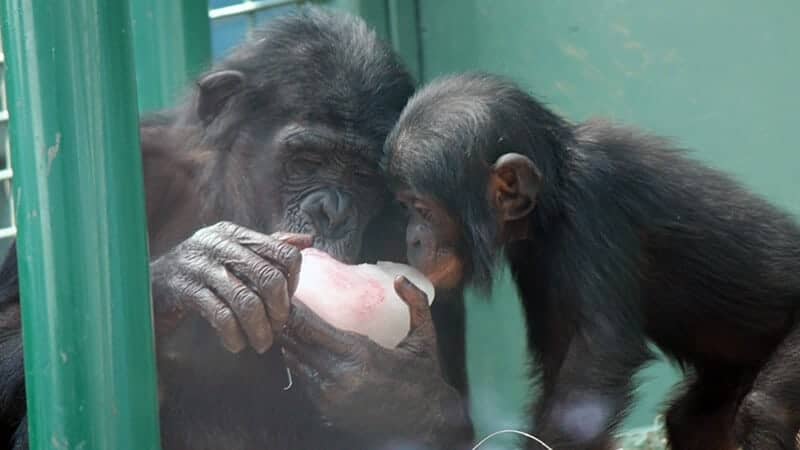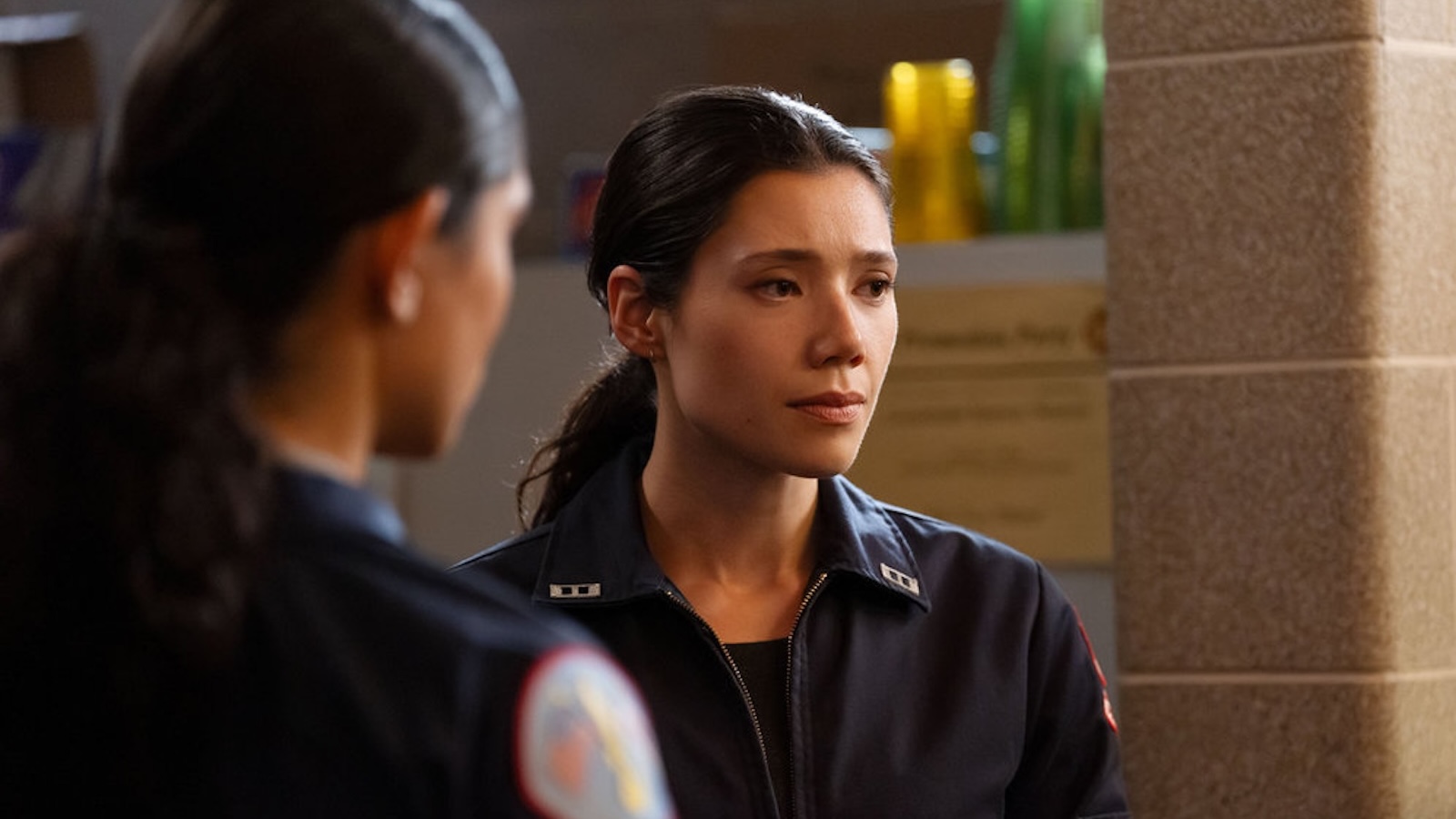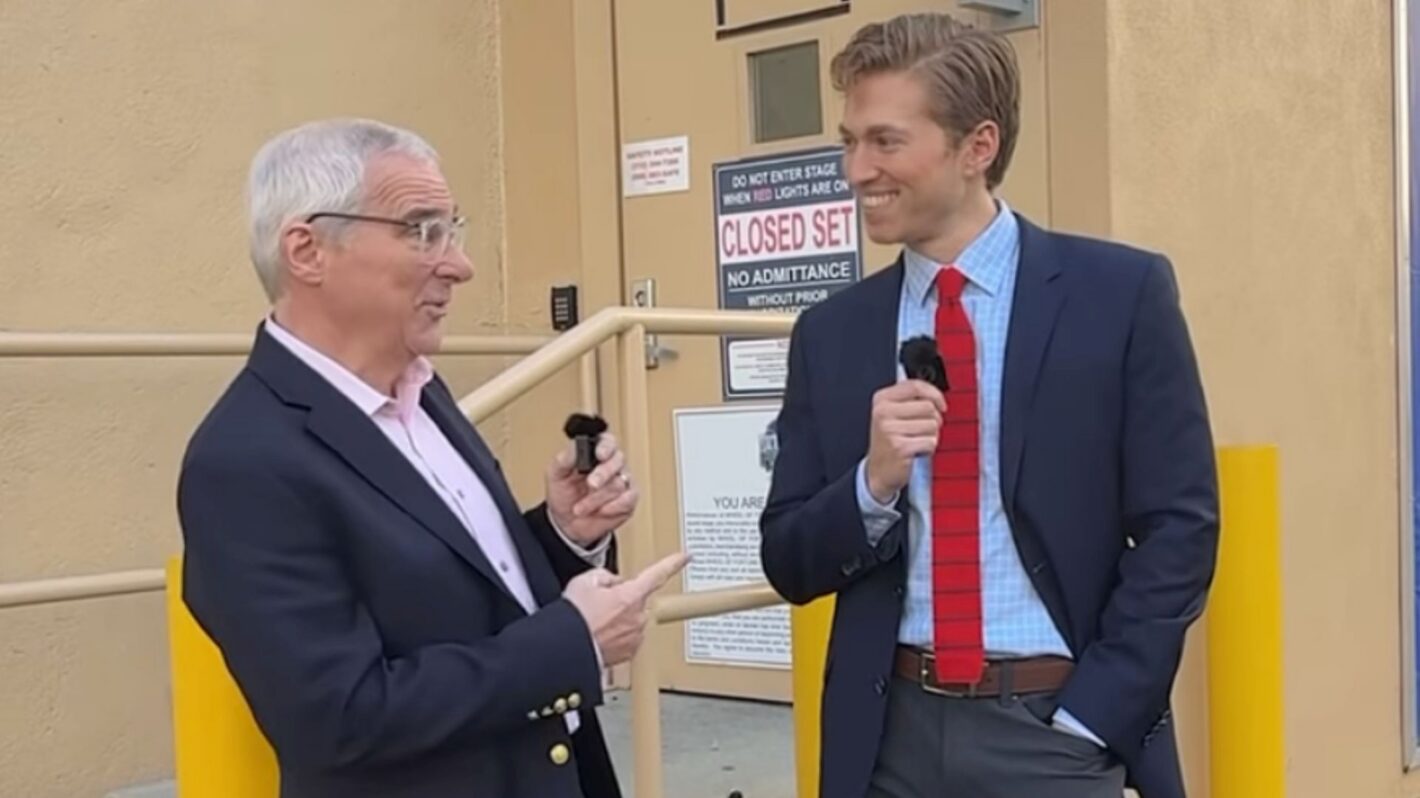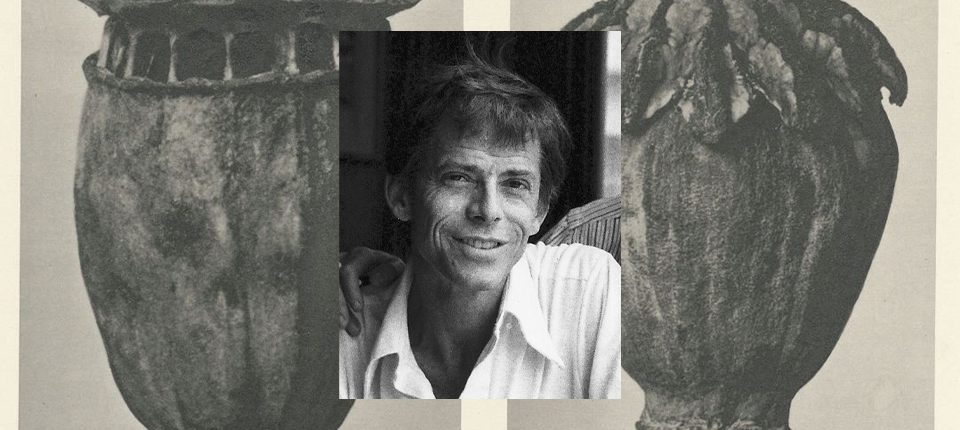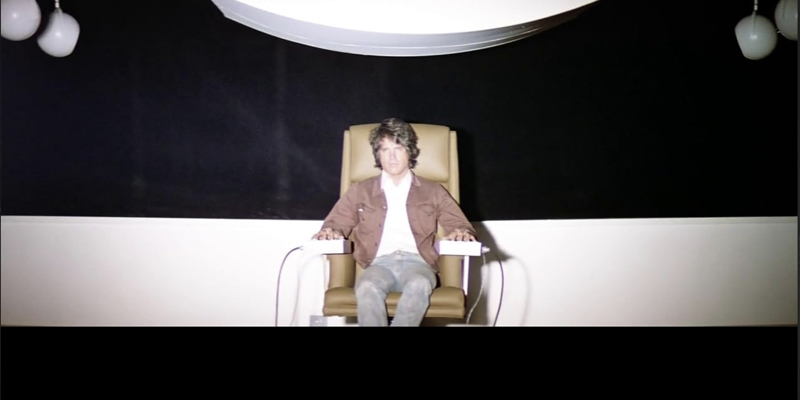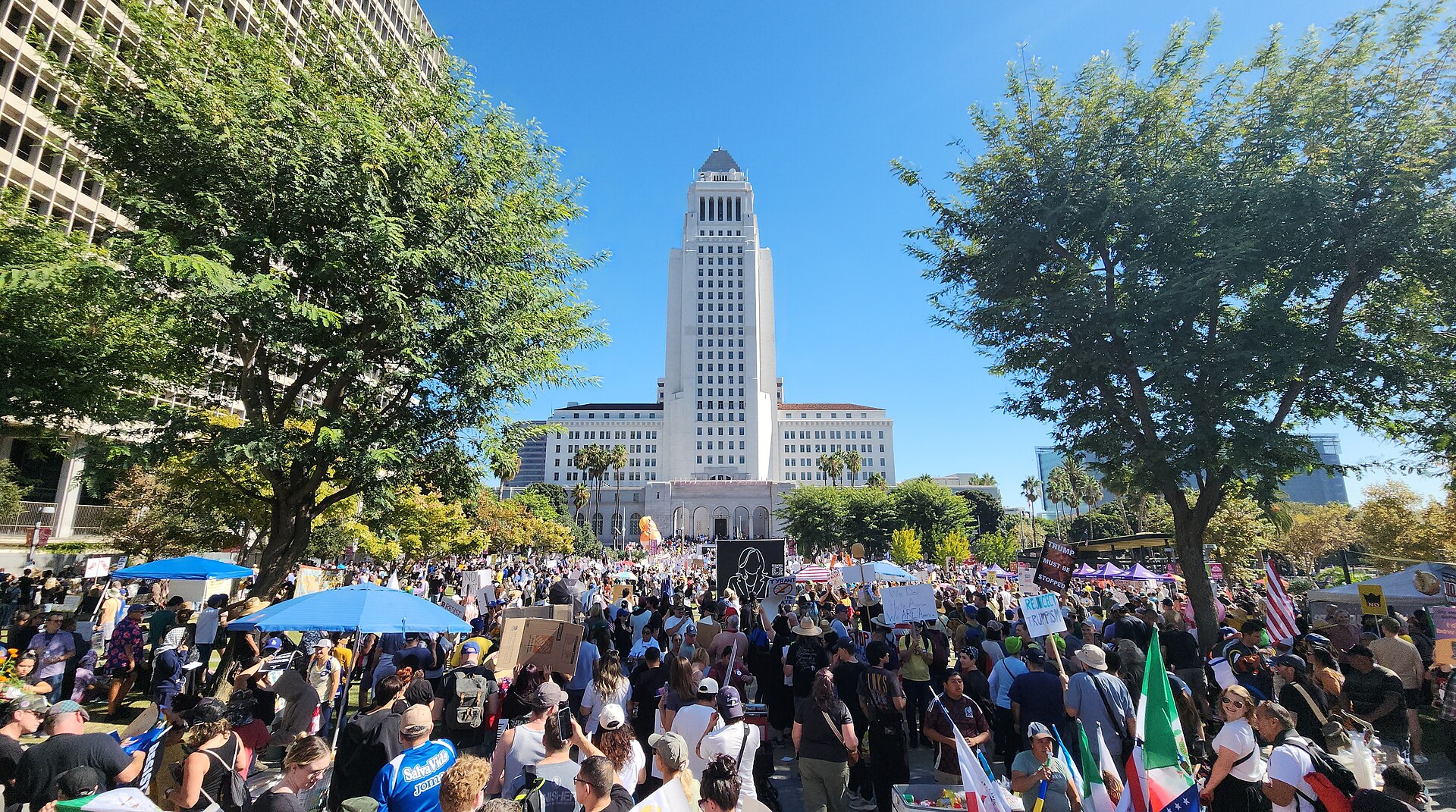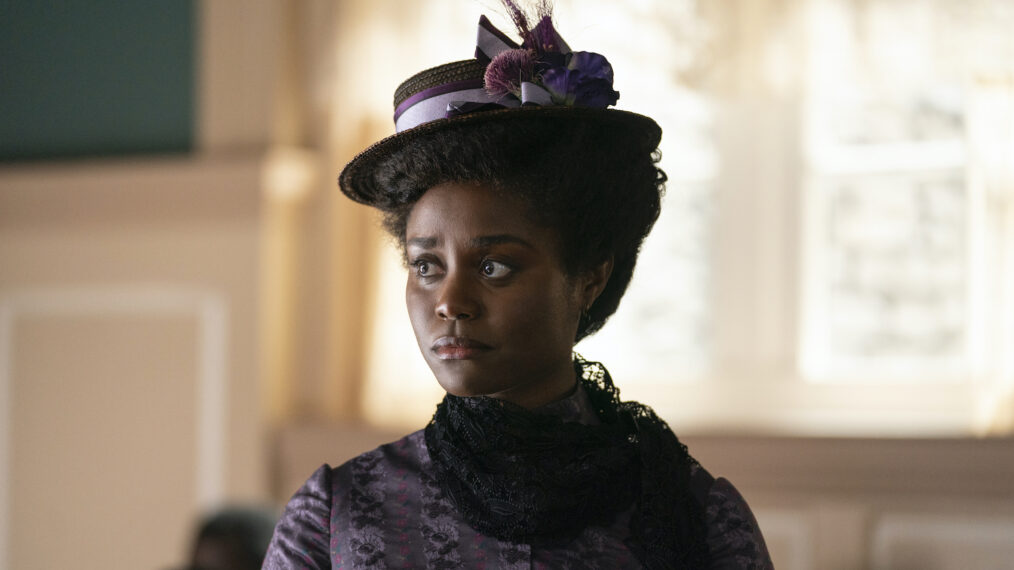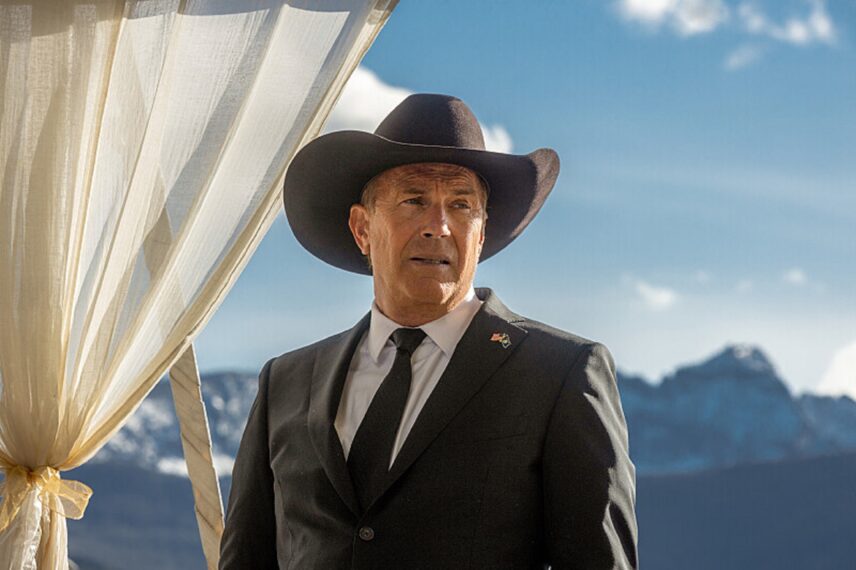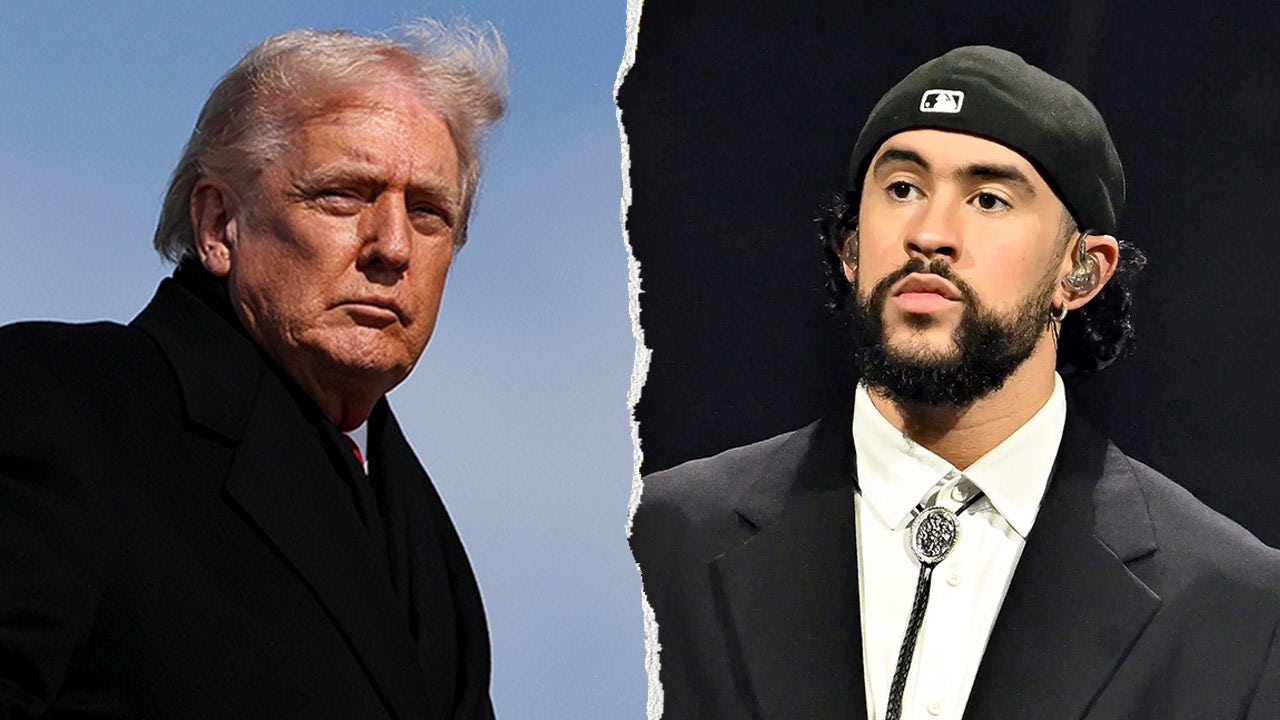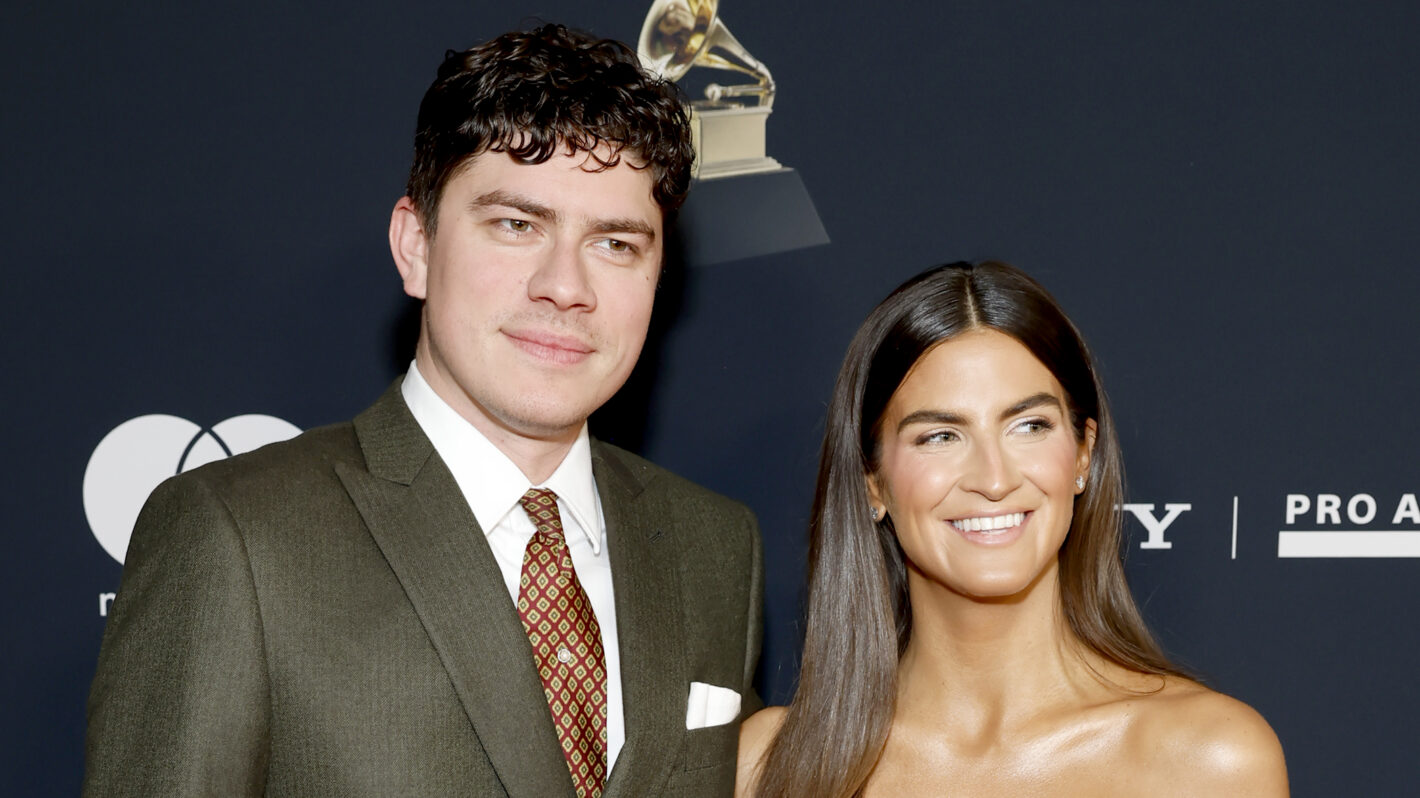Of all the songs the Elvis filmmakers ran by Peter Raleigh for publishing approval, one jumped out at him: “Cotton Candy Land,” a 1963 ballad Elvis Presley sang to a sleeping girl in It Happened at the World’s Fair. “It’s an unexpected choice for an Elvis biopic,” says Raleigh, co-president of Raleigh Music Group, which administers 25% of Presley’s song catalog, who approved the Stevie Nicks and Chris Isaak cover for the film. “But it does work for the context.”
In addition to his Memphis home and museum, Graceland, the late Presley’s song catalog is the jewel of his estate holdings. Graceland draws 700,000 visitors a year, and Presley’s posthumous popularity is constant, with occasional spikes from movies or other cultural events. One came two decades ago when Dutch DJ-producer Junkie XL remixed “A Little Less Conversation,” and now Raleigh — whose company administers the publishing for Susan Aberbach and her children, heirs to early Presley publishers Julian and Joachim “Jean” Aberbach — expects a new one with Elvis.
These intermittent revenue boosts are crucial for the investors who have plowed tens of millions into Presley’s estate in recent years. In 2005, Elvis’ daughter, Lisa Marie, sold 85% of Elvis Presley Enterprises to CKX, run by the late Robert F.X. Sillerman, whose other company, SFX, was rolling concert promoters into a company that he sold to Clear Channel Communications to eventually become Live Nation. The cost: $100 million. At the time, “CKX probably overpaid,” says Mark Roesler, whose company CMG Worldwide has represented the estates of Marilyn Monroe, Jackie Robinson and, for six years in the ’80s, Presley. In 2011, a private-equity firm bought CKX, then sold the Presley licensing rights to another company, Authentic Brands Group, for a reported $145 million.
In 2020, the estate’s value was $400 to 600 million, a source told Rolling Stone. Now — thanks to Presley’s prevailing cultural relevance, with a new film out Friday and publishing valuations soaring on potential future earnings — a new source tells Billboard the Presley estate is worth more like $1 billion.
“Muhammad Ali was my client for many years. I look around now, and I’m not so sure people remember [him],” says Jay Fishman, managing director of Financial Research Associates, a business valuation firm that specializes in celebrity estates, once appraising Michael Jackson’s estate in a court hearing. “Elvis seems to have endured longer than any of them.”
Thanks to a series of savvy deals by Presley’s longtime manager, Col. Tom Parker, played by Tom Hanks in Elvis, the estate’s holdings include a huge, perennially profitable chunk of his publishing — even though Presley, like Frank Sinatra and others of the pre-rock era, was known as a singer and performer. Parker, who was prescient about the value of songwriters’ catalogs in recorded music, demanded early on that Presley (and himself) receive half the publishing on songs he recorded.
“For the most part, if you wanted Elvis to sing your song, you needed to give him half the publishing rights,” says Joel Weinshanker, managing partner of Graceland Holdings and Elvis Presley Enterprises. “I would say the estate controls close to half of the good stuff.”
Aside from Graceland, the bulk of the Presley estate’s value is in the 650 compositions for which it owns co-publishing rights. Billboard estimates Presley’s catalog generated publishing royalties that averaged $12 million annually over the last three years; of that, Authentic Brands took about $4.5 million. The estate, however, doesn’t profit as much from other valuable Presley holdings – in 1973, Parker made a deal to sell all of Presley’s master recordings to RCA Records for $5.4 million, which means the label pays no royalties to the estate for tracks released before 1973. Nowadays, the Sony Music-owned RCA Records has earned an average $23.5 million in annual revenue over the past three years, according to Billboard estimates. “He consistently is one of our top 10 artists,” says Lyn Koppe, executive vp of global catalog for Sony Music Entertainment and Legacy Recordings. “You’ve got the traditional Elvis fans who know everything about him, and you’ve got other fans who might listen to ‘Can’t Help Falling In Love’ because a different artist might have covered it and they discovered Elvis’ original.”
The new Elvis film stands to turbo-charge this kind of listening trend. In addition to the expected selections, from “That’s All Right” (performed by Gary Clark Jr.) to “Heartbreak Hotel Can’t Help Falling In Love ” (by Kacey Musgraves), the film could boost 1968’s lesser-known “Edge of Reality” the way Junkie XL once revived “A Little Less Conversation,” , thanks to a new remix by indie-rock stars Tame Impala. Weinshanker says the estate first went “back and forth with Baz” over rights to songs, as well as other intellectual-property holdings such as the singer’s name and likeness, trademarks, merchandising and, of course, anything pertaining to Graceland, in 2018.
Lurhmann took over an office at Graceland and incorporated the estate’s resources into his work. “If he didn’t know a date of an event, the historian at Graceland had access to his entire life. If Elvis was in Memphis for a day, he rarely paid in cash. If he would buy a car, which he did over 100 times, he would sign a check over to his dad, of which we have canceled checks,” Weinshanker says. “I took Baz down to Memphis and we spent several days going through Graceland and talking about who Elvis was, what he desired, what his fears were.”
The pandemic delayed Elvis production — Hanks was in Australia to film the movie when he famously came down with COVID-19 in March 2020 — until early last year. Today, everyone involved in the estate is all-in for the movie: Lisa Marie and Presley’s late wife, Priscilla, have made effusive endorsements. More importantly, the film is an investment, a marketable product that could potentially generate serious revenue for the estate for years to come.
“Making an Elvis movie without Elvis’s music wouldn’t be very good. People try, but it doesn’t work,” says Marc Rosen, Authentic Brands’ entertainment president. “We think this soundtrack is going to live forever, and hopefully be the entry point for fans to hear about Elvis in an entirely new way.”

